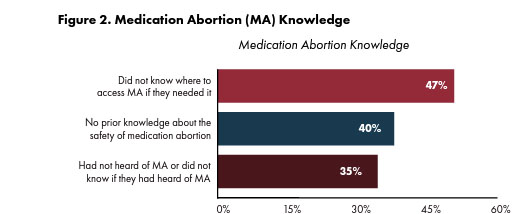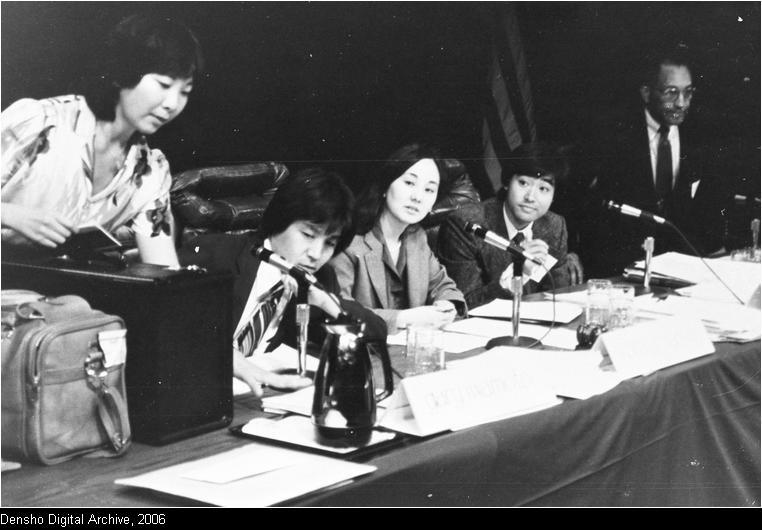In a powerful new study, NAPAWF (in partnership with Ibis Reproductive Health) reports that AANHPI women overwhelmingly support reproductive choice, but that sexual and reproductive health education on the safety and accessibility of abortion care options remains inaccessible to most AANHPI women.
“With bans and restrictions to abortion care increasing across the country, AANHPI communities need more culturally sophisticated and language-appropriate information on sexual and reproductive health issues, and specifically about abortion.”
“Medication abortion among AANHPIs: Knowledge, access, and attitudes”, May 2023 report by NAPAWF and Ibis Reproductive Health
According to the report, “almost no research to date examines abortion attitudes and knowledge” among AANHPIs. The two-year study aimed to address this by broadly surveying abortion attitudes among 1,617 women of color, and to follow-up with this general survey by inviting 121 AANHPI women to participate in more in-depth one-on-one or small focus group discussions. These discussions were conducted in English or in an Asian language.
According to the study, ~85% of AANHPI women believe women have the right to reproductive choice. However, most AANHPI women surveyed felt they had very little access to sexual and reproductive health education. Cultural and religious stigmas were among some of the most common barriers cited by survey and focus group respondents as challenging sexual and reproductive health education, as well as limiting support for those who receive an abortion.
“I really didn’t learn about that stuff until I got to high school,” said Sarah, an Asian American focus group participant described in the report.
“I wish that it was something that I could have freely talked to my parents about,” said Miyoung, another study participant. “I was living with my parents at the time, so having the people that I was living with, like, understand what I was going through and try to support me would have made a big difference.”
As a consequence of low sexual and reproductive health education access, the report finds that knowledge about abortion care remains low about AANHPI women. Many of the focus group respondents described misconceptions about abortion as a dangerous surgical procedure. ~35% did not know about medication abortion and nearly half did not know where they could access medication abortion. Medication abortion is a safe and effective abortion method that involves taking medications to end a pregnancy, and is the most common form of abortion provided in the United States.

One possible reason cited by the report may be a lack of Asian language options at reproductive health clinics.
“There’s no Urdu option available when I did the initial intake phone call,” said Ghazal, a study participant. “Urdu is not a very rare language… millions of people speak it. And so, to me, I definitely to think that offering a more inclusive language option would be great.”
61% of study participants who had previously received an abortion also said they experienced community-related barriers to abortion care access. In addition to geographic and language barriers, anti-abortion legislation has relied overwhelmingly on anti-Asian rhetoric and Asian American women have been among the first to be targeted by some of these restrictive state laws.
“Not everybody has access to a car and not all public transport goes close enough to an abortion facility or an abortion provider,” said Ane, another study participant cited in the report. “I think Hawaii has one Planned Parenthood.”
As we reported previously in Prism, Asian Americans and other women of color are largely invisible in the national discourse surrounding reproductive rights, even though restrictions on abortion access significantly impact AANHPI women.
“Access to reliable and accurate information about different abortion methods is critical in states and cities with large AANHPI populations, especially in local communities with less robust public health programs,” writes the report. “With bans and restrictions to abortion care increasing across the country, AANHPI communities need more culturally sophisticated and language-appropriate information on sexual and reproductive health issues, and specifically about abortion.”
To read the full report, go here.
The following resources were published with the report: If you or someone you know needs access to an abortion, go to INeedAnA.com to find a local clinic, find a local abortion fund, and call the Repro Legal Helpline if you need legal support.


